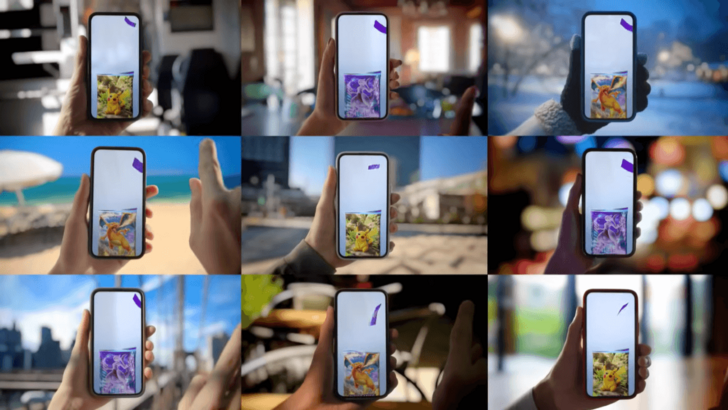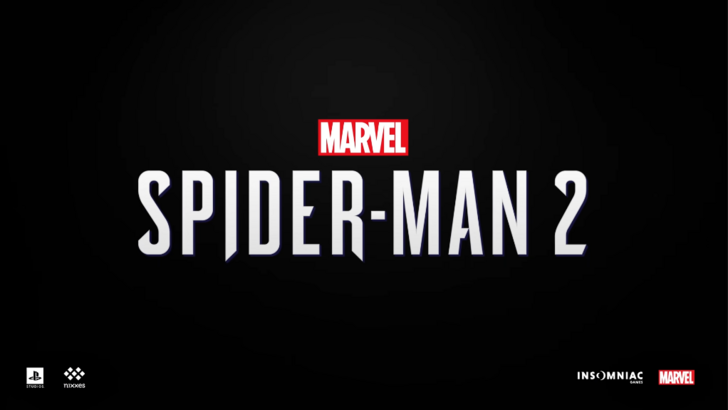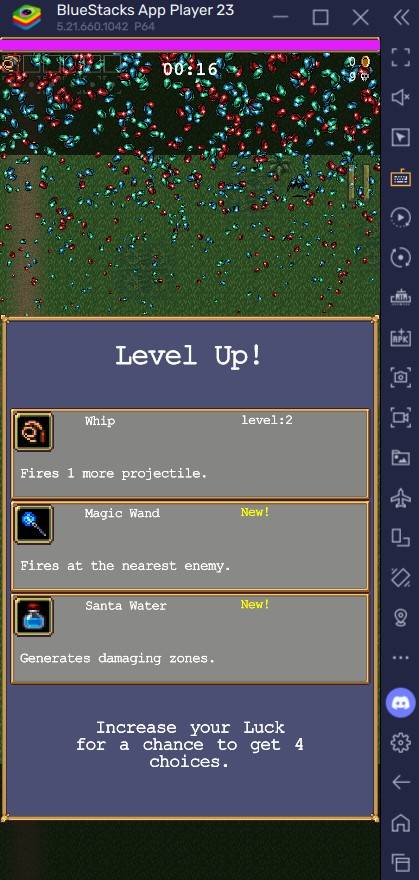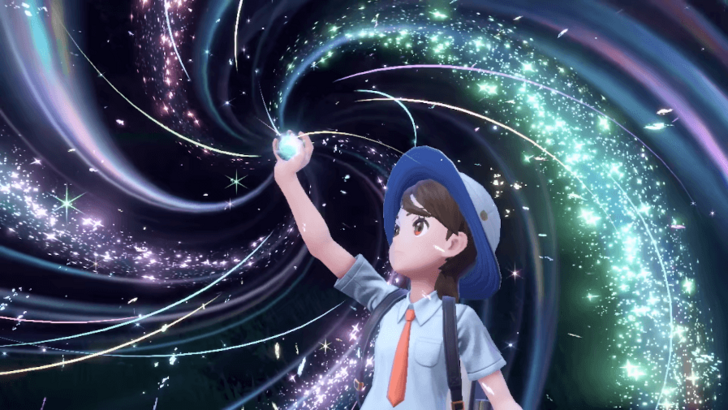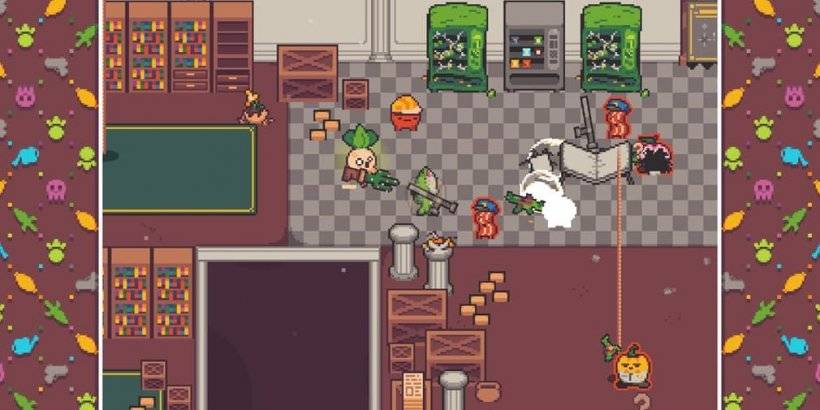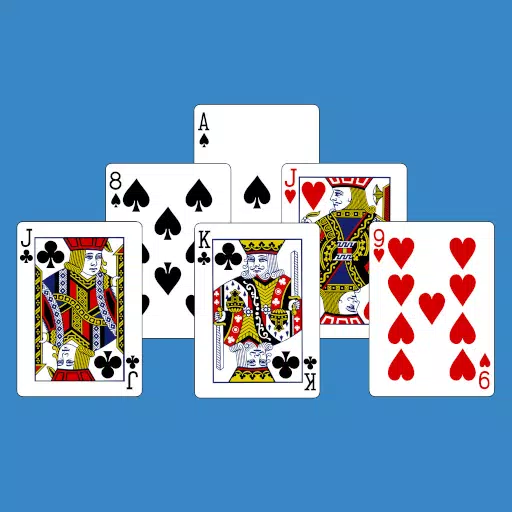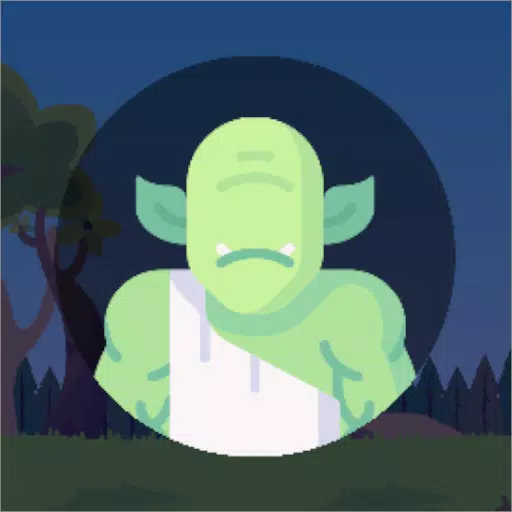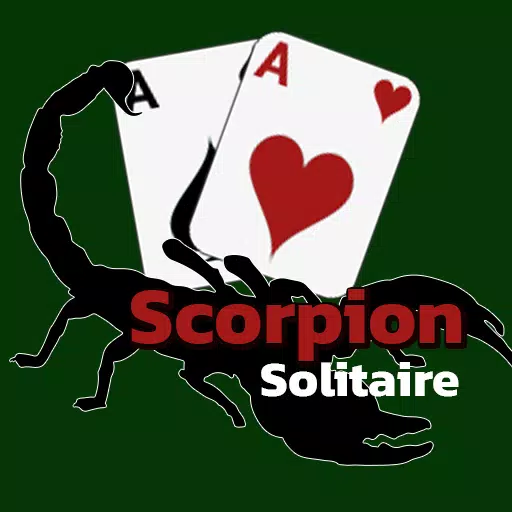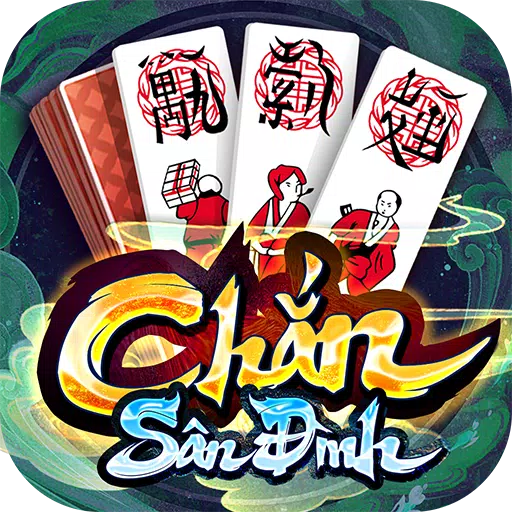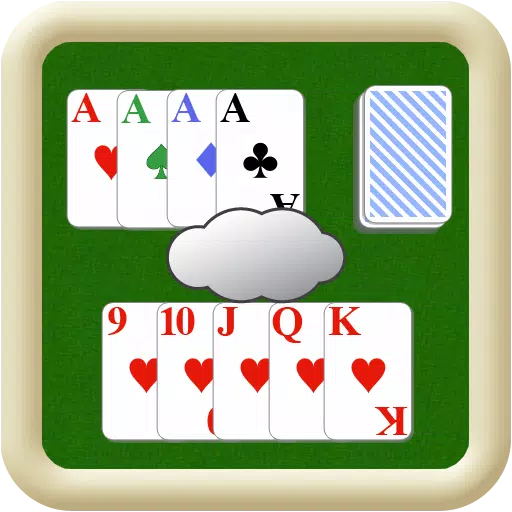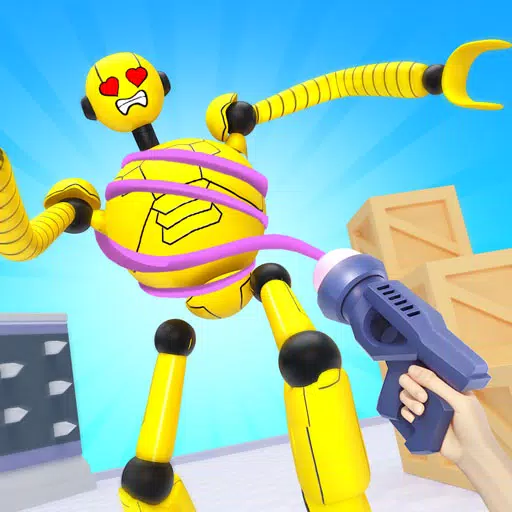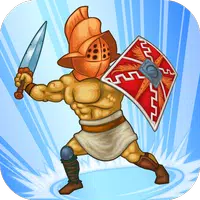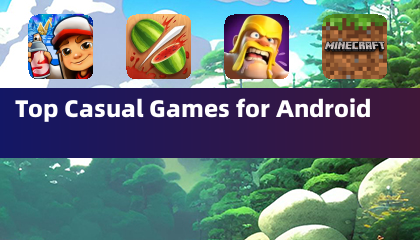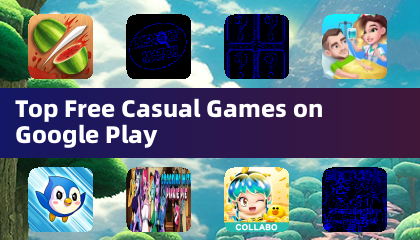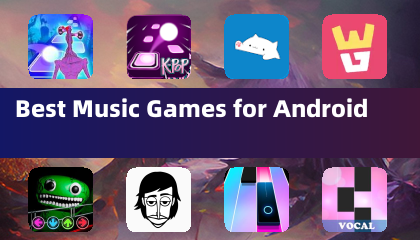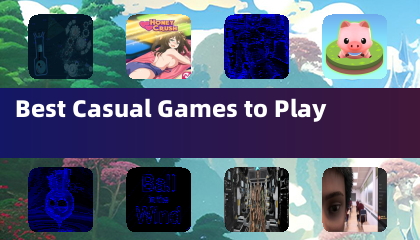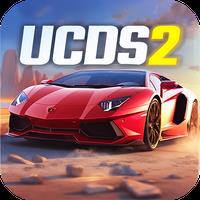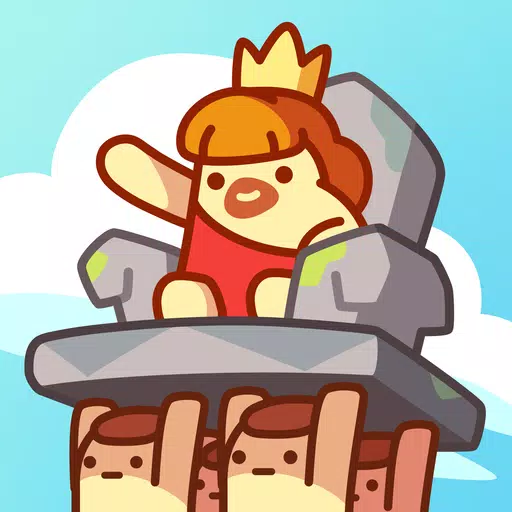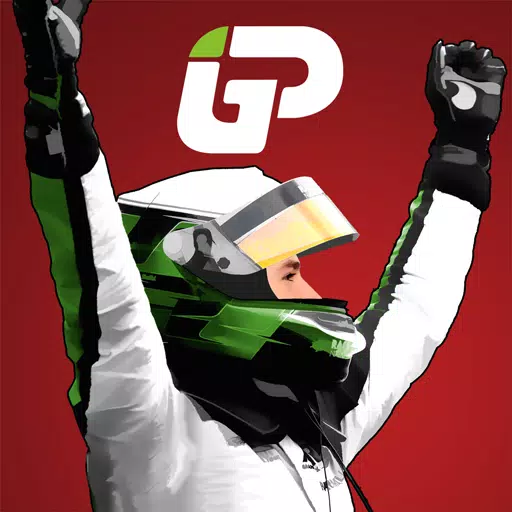Pokémon TCG Pocket's controversial in-game trading mechanic fuels a thriving black market for digital cards on platforms like eBay. Sellers are exploiting the system by exchanging friend codes and cards, circumventing the game's "no buying or selling" rule. Listings commonly feature rare cards like Starmie ex, with prices ranging from $5 to $10 per card.
The loophole lies in the trading restrictions: only cards of the same rarity can be traded. Sellers essentially break even, gaining a replacement rare card for every one they sell, allowing them to repeatedly profit. This practice, while violating the game's terms of service, leaves sellers unscathed. Buyers trade unwanted cards for desired ones, effectively paying a premium for a direct exchange.
Beyond individual cards, entire accounts containing valuable resources like Pack Hourglasses and rare cards are also being sold, a common practice in online gaming despite breaching terms of service.
The trading mechanic itself sparked controversy upon its release. Criticism centers on the "Trade Tokens" system, requiring players to delete five cards to trade one of equal rarity, and the inability to publicly list cards for trade within the app. This forces players to use external platforms like Reddit, Discord, and now eBay to facilitate trades. Many players had hoped for a more integrated and community-friendly trading system within the game.
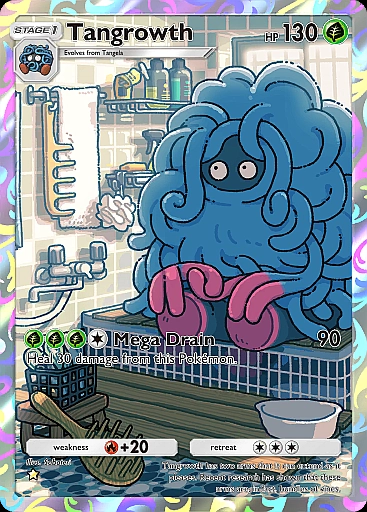
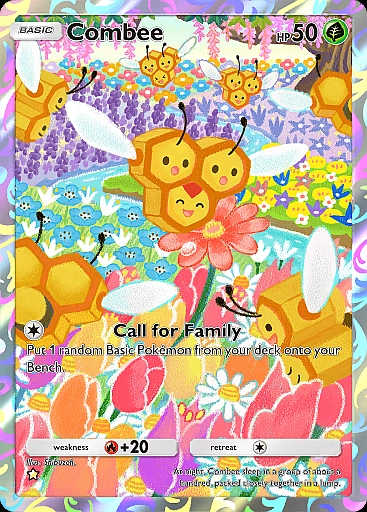
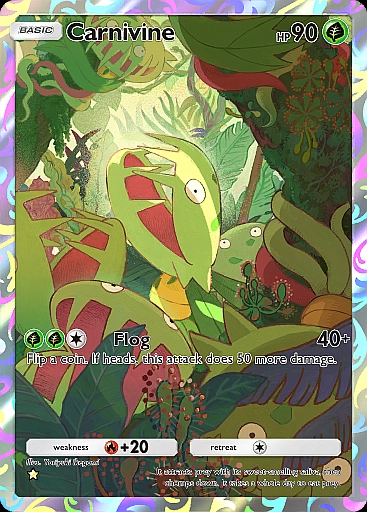
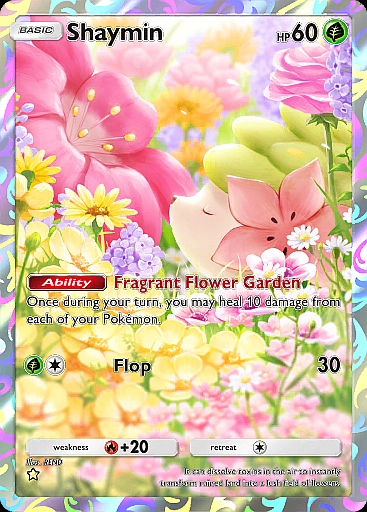
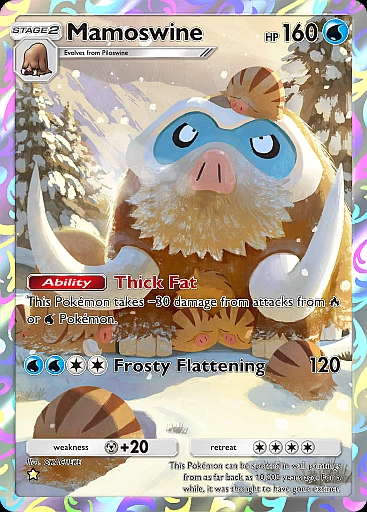
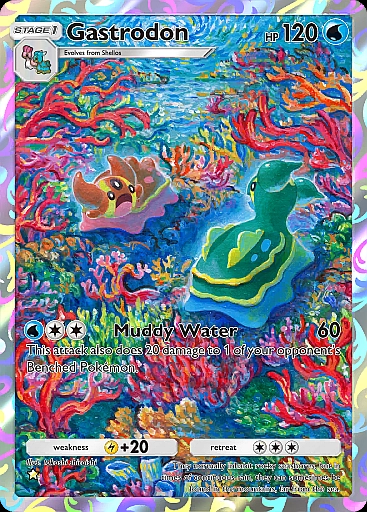
(52 Images Total)
Developer Creatures Inc. has warned against real-money transactions and cheating, threatening account suspensions. Ironically, the Trade Tokens system, implemented to prevent exploitation, has inadvertently fueled this black market and alienated the community. While Creatures Inc. is investigating improvements to the trading feature, concrete solutions remain elusive despite ongoing complaints.
Many believe the trading system's limitations, such as the inability to trade higher-rarity cards, are designed to boost revenue for Pokémon TCG Pocket, a game that reportedly generated half a billion dollars in under three months before the trading feature's introduction. The high cost of completing sets further supports this theory, with players spending thousands of dollars for a complete collection. The arrival of a third set just three months after the second underscores the game's rapid release cycle and the potential for monetization through trading restrictions.


